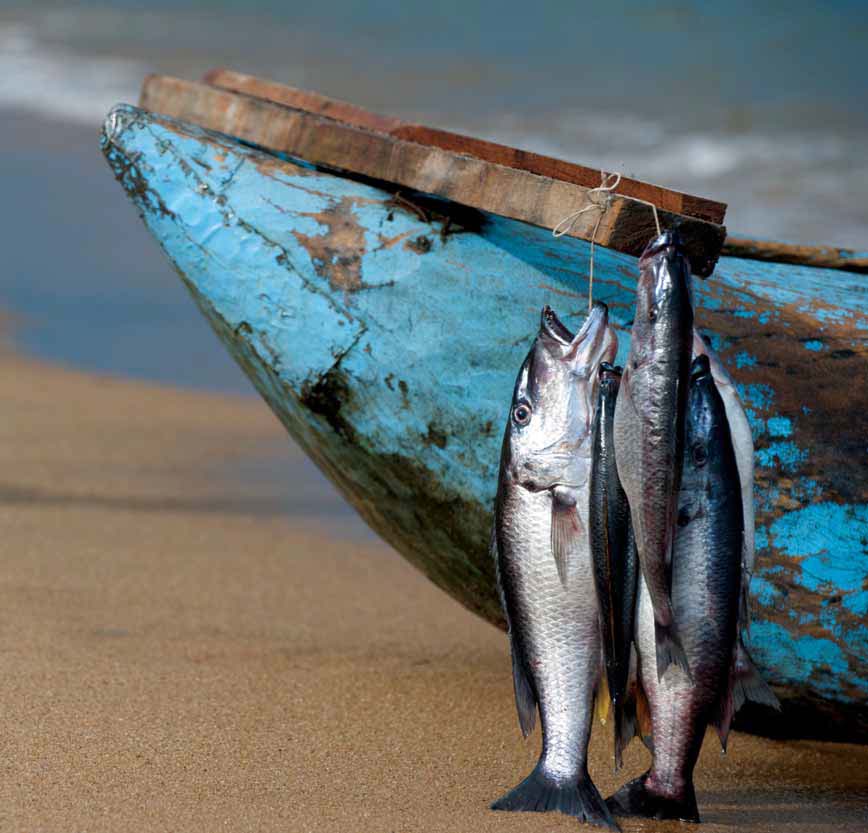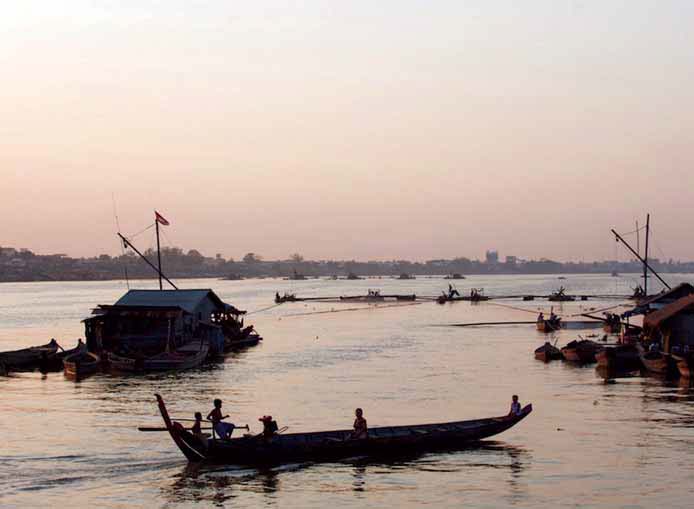 This report by United Nations Environment Programme (UNEP) reviews the importance of inland fisheries as an ecosystem service, the pressures upon them, and management approaches to sustain them and thus helps inform future approaches to conservation and management of freshwater ecosystems.
This report by United Nations Environment Programme (UNEP) reviews the importance of inland fisheries as an ecosystem service, the pressures upon them, and management approaches to sustain them and thus helps inform future approaches to conservation and management of freshwater ecosystems.
There is an urgent need for major investment in policy and management approaches that address the direct and indirect drivers of aquatic ecosystem degradation and loss of inland fisheries taking into account their role in sustainable development and human well being. The UNEP Ecosystem Management Programme (UNEP-EMP) provides an effective framework for pursuing this challenge.
Inland fisheries are of particular significance to India as it is among the four largest inland fish producers in the world. Inland fisheries also provide employment to several million people in the country. While fishing itself provides millions of jobs, processing, trading and other support services provide many more.
inland fish producers in the world. Inland fisheries also provide employment to several million people in the country. While fishing itself provides millions of jobs, processing, trading and other support services provide many more.
In India, the number of those employed in these fishery-related jobs is some four times the number of those who fish. In India more than fifty per cent of those employed in inland fisheries are women, who generally spend more of their income on family needs, including providing food and medicine.
The report highlights the integrative ecosystem approach to inland fisheries and as per it, the policy implications of this include the need to -
- Ensure participation: All constituencies that impact on fisheries need to be
 engaged, especially those concerned with land and water management, and economic development such as energy, trade and agriculture.
engaged, especially those concerned with land and water management, and economic development such as energy, trade and agriculture. - Agree on future scenarios: Stakeholders need to agree upon future scenarios and management objectives for each fishery and the ecosystems that sustain them. Unless this happens it is unlikely that there will be any real progress towards sustaining these resources, regardless of how well the drivers of change are understood.
- Manage for resilience: The ecosystem approach recognises the limits to proactive management. Because multiple drivers impact inland fisheries and there are complex interactions between these, it is rarely possible to identify all drivers and tease out multiple impact pathways for each fishery.
- Pursue adaptive learning: The complexity and variability of ecosystem processes is added to by the often complex social and institutional environments within which management processes take place. Successful management of inland fisheries needs to embrace this complexity and adopt an effective process of adaptive learning that adjusts management practices and policies in response to the results achieved.
- Plan and manage catchments for inland fisheries: The ecosystem approach highlights the importance of sustaining ecological processes that sustain fisheries productivity. This means investing in maintaining healthy catchments with appropriate land use and coverage of natural forest and wetland ecosystems, and sustaining the quality and quantity of water flow into lakes and rivers. In support of this approach, five investments are recommended:
- Improve understanding of inland fisheries' vulnerability to environmental change
- Develop viable options for addressing the threats posed to inland fisheries by environmental change
- Build adaptive capacity among key stakeholder groups to increase resilience of inland fisheries at local, national and regional scales
- Improve governance of inland fisheries and their ecosystems
- Develop capacity to sustain and enhance social benefits from these resources.
Download the report here -